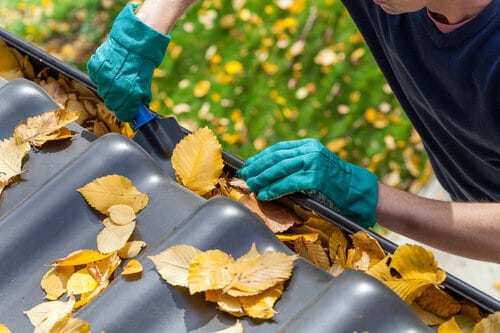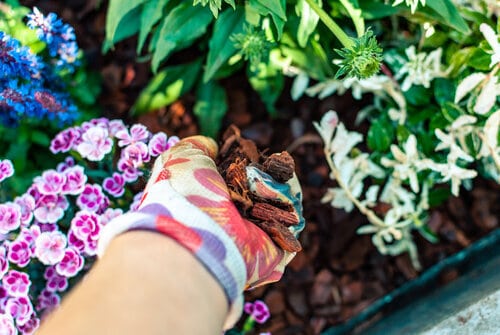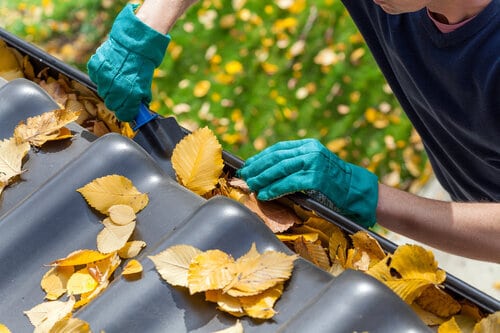With the cold Chilliwack winter coming, it’s time to make sure your home is ready for the colder fall (and winter) weather. Here are Westbow’s top tips on how to prepare your home:
Maintain your furnace
It is important that you get it checked on a yearly basis to ensure it is working to its maximum efficiency. Little things such as changing the filter make a big difference. It is always best that you have your furnace looked at before it gets cold out; you don’t want to get stuck on a harsh winter night without heat.
Inspect tree branches
Scan your property for branches growing over the house, garage, driveway, or power lines. During a storm, those could come down and cause major damage. Branches rubbing together can also lead to breakage. Look for signs of dead limbs, too: dead leaves that remain attached after the rest of the tree has shed, many smooth areas that are missing bark, or spots where mushrooms have sprouted.
Clean out gutters
If gutters are clogged with leaves, the debris can freeze into a big, icy mass, which could get under shingles and damage the roof. Simply pulling the leaves out of the gutters can save your roof from damage.

Drain sprinklers and outdoor hoses
Outdoor sprinklers and hoses should have any residual water removed before the first freeze so the pipes and hoses don’t expand and crack. To start, shut off the water source and drain out all excess water. If you have a sprinkler system you can use an air compressor to blow out any extra water in the pipes.
Cut back perennials
It’s fine to keep some intact. Those with a pretty shape (coneflowers, ornamental grass) look nice even in winter. But most deciduous perennials—plants that shed their leaves annually (like asters, irises, and lilies)—do best with a trim. Using clippers or a hedge trimmer, cut plants to two to three inches above the ground. Not only does this make your garden look tidier but it also eliminates potential homes for harmful insects, who like to hide out, then surface during spring growth.

Mulch flower beds
Sometime before the coldest winter temps hit, add a layer of hardwood mulch to all your flower beds. The mulch acts as insulation, buffering the plants from brutally low temperatures to come. Without it, roots are vulnerable to significant damage and the plants could die.

